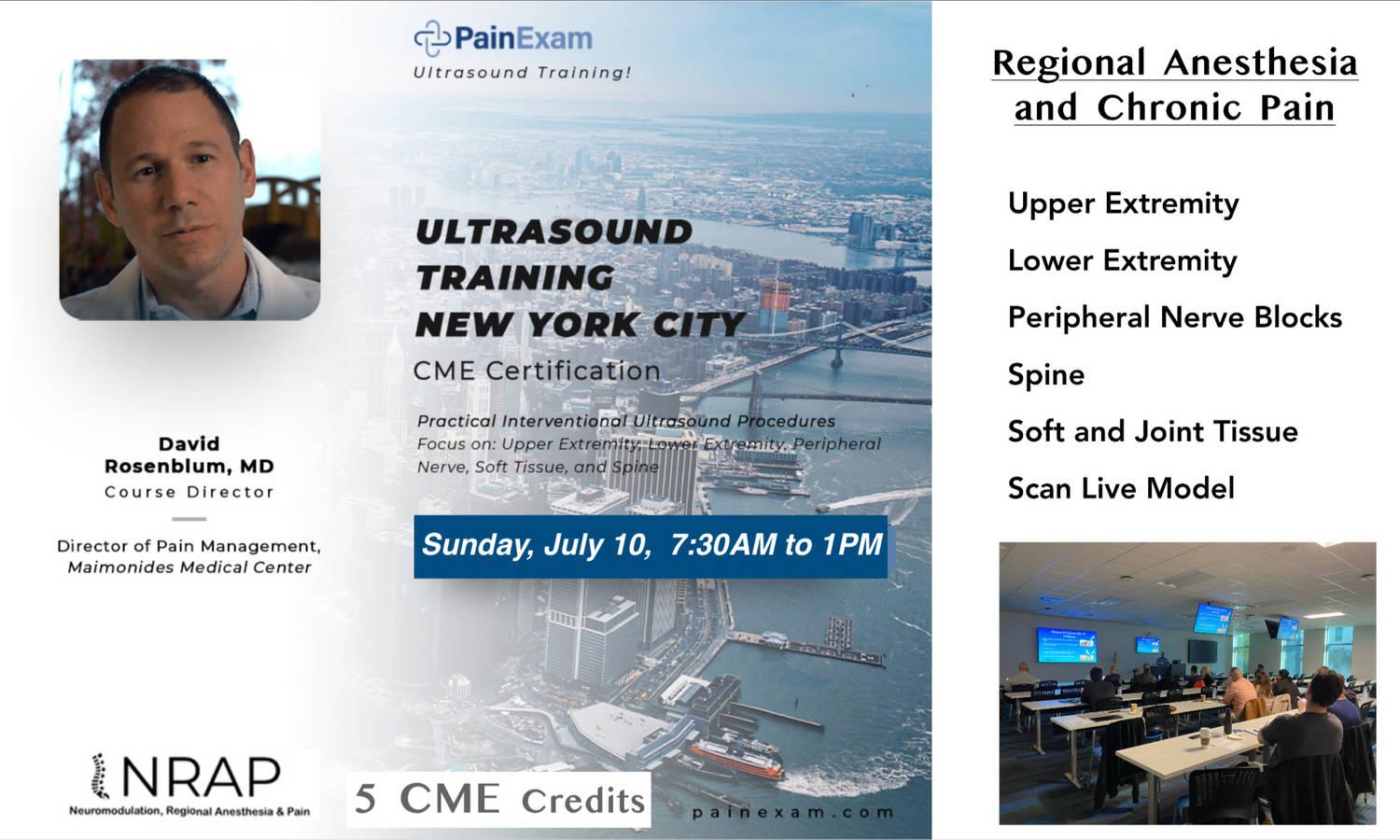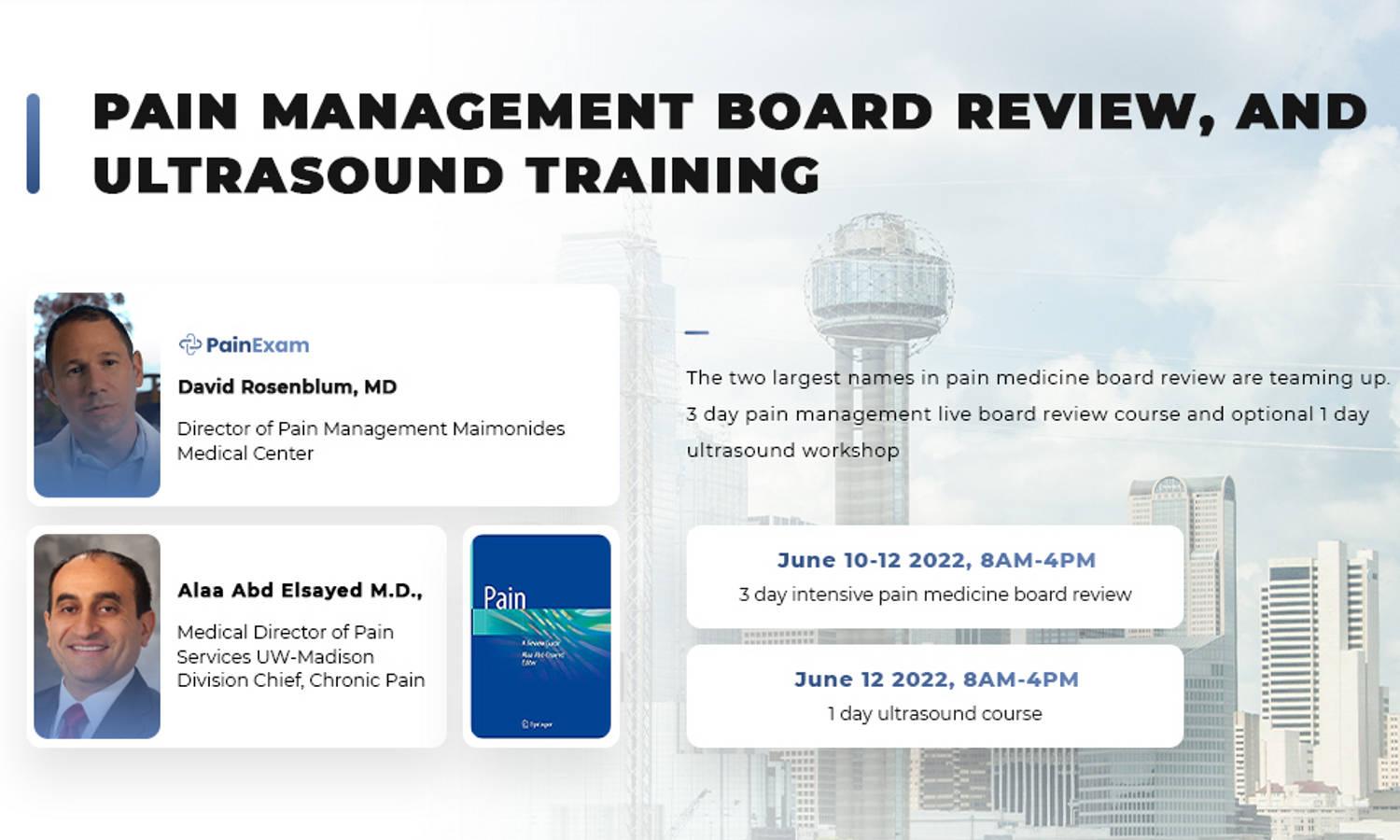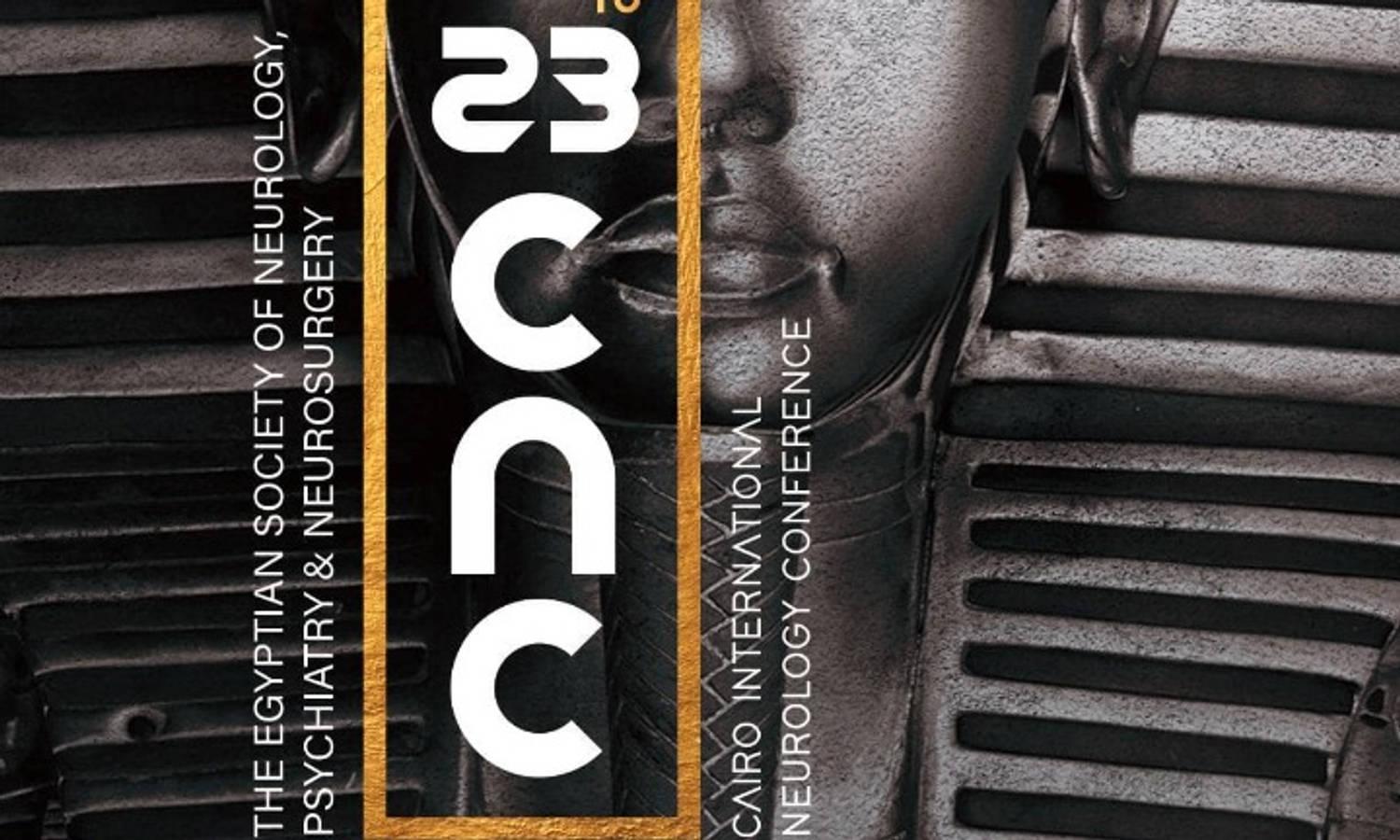
Navigating an Increasingly Complex Treatment Paradigm in the Management of Hereditary Angioedema (HAE): Managed Care Considerations for Improved Patient Outcomes
English
Recorded Courses
hosted by National Association of Managed Care Physicians (NAMCP)
hosted by National Association of Managed Care Physicians (NAMCP)
attend it anywhere online
category
Medicine, Healthcare Management, Nursing
Hematology, Dermatology, Neurology, Gastroenterology, Rheumatology
price
On Book
Navigating an Increasingly Complex Treatment Paradigm in the Management of Hereditary Angioedema (HAE): Managed Care Considerations for Improved Patient Outcomes is organized by National Association of Managed Care Physicians (NAMCP).,This activity is valid from August 1, 2022, to August 1, 2023,Description:,Hereditary angioedema (HAE) is a rare autosomal dominant condition characterized by recurrent attacks of edema at different locations of the body. This potentially life-threatening disease affects approximately 1 in 67,000 individuals, with no identified differences in sex or ethnicity. HAE is characterized by recurrent edema attacks and the cutaneous attacks can be disabling, with the skin, gastrointestinal tract, and upper airways most commonly affected and with a persistent risk to the patient of acute events of laryngeal swelling that may prove fatal if not treated in a timely manner. Angioedema in general can be confused with cellulitis, Graves disease, blepharochalasis, eosinophilic fasciitis, or amyloidosis which can lead to delays in diagnosis, and inappropriate treatment poses the risk of adverse events, unnecessary surgical interventions, a higher burden of misery, and a potentially higher rate of morbidity and mortality. Fortunately for patients with HAE, novel therapies have recently become available in the past few years that have shown improved efficacy and safety with improved administration methods.,Upon completion of this activity, participants will be able to:,• Differentiate the various types of hereditary angioedema (HAE), the pathophysiology, and the clinical and economic burden of the disease,• Examine the challenges in diagnosing HAE and the various definitive laboratory tests,• Analyze the latest data on the efficacy, safety, and administration of current and emerging treatment options for HAE,• Discuss the evolving role of C1-INH replacement therapy in the management of HAE,• Assess novel administration methods for novel therapies and how they are changing the treatment paradigm,• Explore the role of managed care professionals in the development of evidence-based clinical protocols









